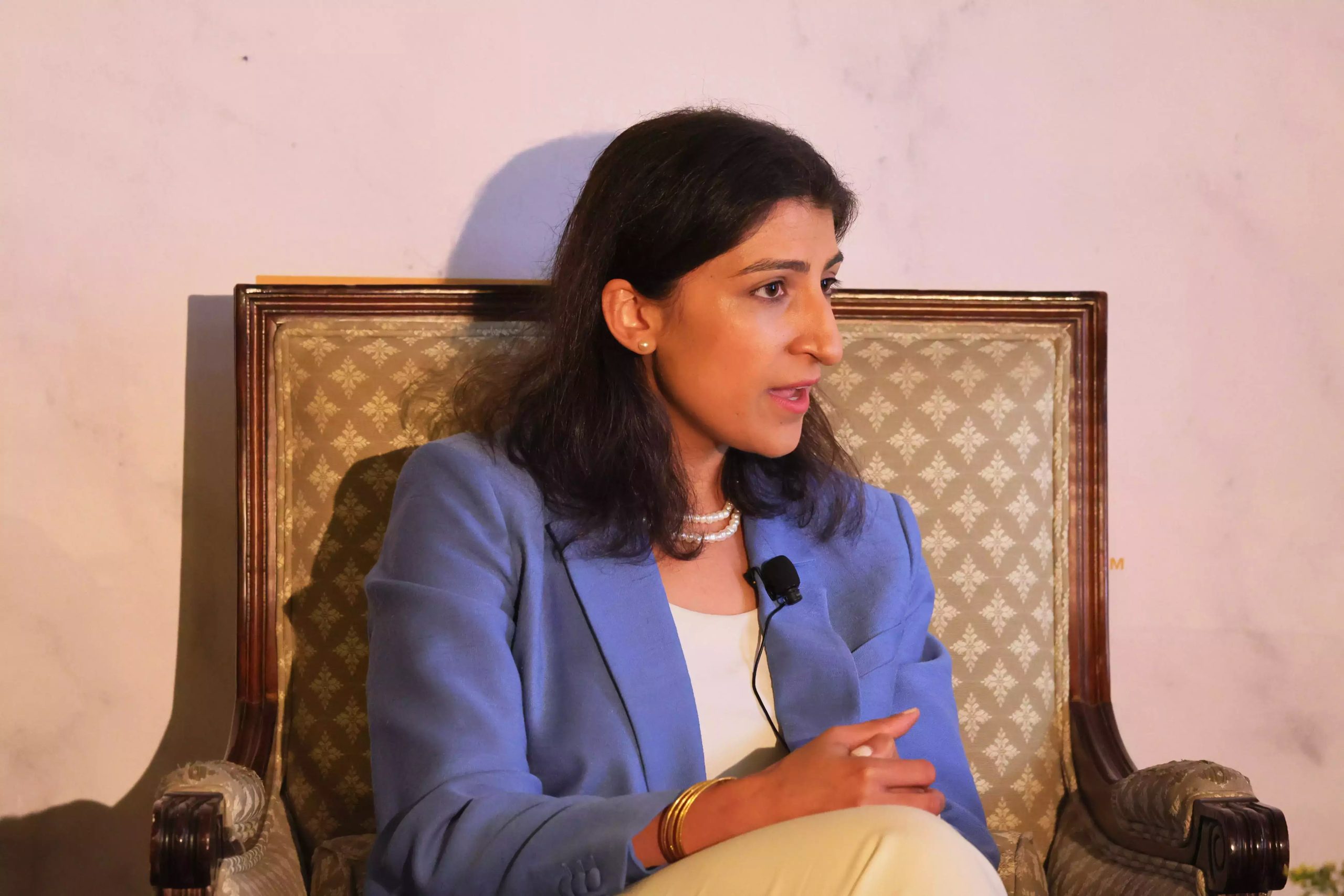Federal Trade Commission Chair Lina Khan has recently revealed that she has successfully utilized ChatGPT to contest a medical bill. In discussing her experiences with artificial intelligence (AI) that have shaped her views, Khan shared her account of using ChatGPT to contest a medical charge during a recent episode of the New York Times’ Hard Fork podcast.
Since her appointment as chair of the FTC in 2021, Khan has consistently criticized major technology firms and advocated for the regulation of AI across various platforms. At an AI and venture capital event, she emphasized the need for vigilant oversight of AI, warning about its potential to accelerate fraud and scams.
Khan highlighted her personal experiences with AI, particularly ChatGPT, noting that she was able to successfully challenge a medical bill using the technology. While Khan did not provide further details about the specific bill or its resolution, her account underscores the diverse applications of ChatGPT since its launch.
Notably, medical professionals have used ChatGPT to communicate with patients and make accurate diagnoses. Additionally, ChatGPT was successful in passing the US medical licensing exam and diagnosing rare medical conditions. These advancements reflect the broader impact of AI in the healthcare sector.
The issue of medical billing is a common source of stress for many Americans, as erroneous bills can negatively affect credit scores and financial access. The Consumer Financial Protection Bureau estimated that as of June 2021, $88 billion in medical bills were reported on American credit reports. To avoid falling into the trap of paying inaccurate medical bills, experts advise patients to request itemized bills, compare charges, and carefully check for billing errors.
Khan’s experience with ChatGPT sheds light on the practical applications of AI and its potential to help consumers navigate complex financial and healthcare challenges. As regulators and industry stakeholders continue to grapple with the implications of AI, real-world success stories like Khan’s could play a pivotal role in shaping future AI policies and practices.

